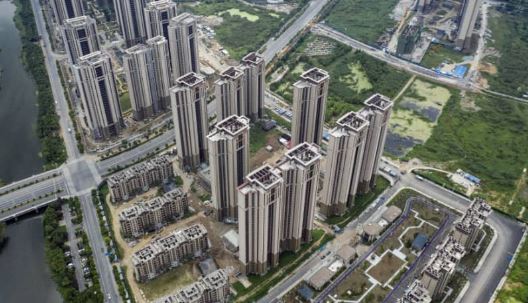To alleviate the prolonged property slump that has negatively impacted consumer confidence and economic growth, China is considering adopting Singapore’s social housing model. Beijing has identified two major initiatives as the focal point of its housing policy: constructing social housing and refurbishing dilapidated urban areas. These projects have received high-level political support and may soon receive over one trillion yuan (S$191 billion) in funding from the central government.
Authorities are considering offering cheap central bank loans to key state-owned policy banks to fund the projects, Bloomberg reported this week. The sum under discussion – which could be increased through further leverage and other funding – amounts to the equivalent of about 10 per cent of annual new home sales.
Singapore, while a hub of private-sector business and financial activity, is renowned for a residential market that’s dominated by public housing. If China’s new plan works, officials might be able to both end a nearly three-year slump in property construction and meet President Xi Jinping’s aims to promote “common prosperity”.
“The plan is more of a longer-term structural adjustment in the property sector towards a Singaporean model,” said Betty Wang, senior economist at Australia & New Zealand Banking Group in Hong Kong. “I don’t think it’s just a short-term effort to boost property investment – instead, it’s about China’s 2035 common prosperity goals.”
Details of the social housing push are yet to be made fully public. China’s State Council handed instructions out last month in a classified “Document 14”, The Economic Observer newspaper reported. That called for a “new model” for the real estate sector, with 35 cities expected to test the programme, according to the report.
Analysts say the idea is to create a tightly regulated social housing market with limits on who can buy the homes and how they can be sold on to new owners. One way to ensure that would be to require them to be sold back to the government. Alongside such a public housing market would be a freer commercial segment catering to wealthier households. That might even allow a return to speculation on property values – something Beijing has tried to clamp down on for years.
Source: The Business Times

































